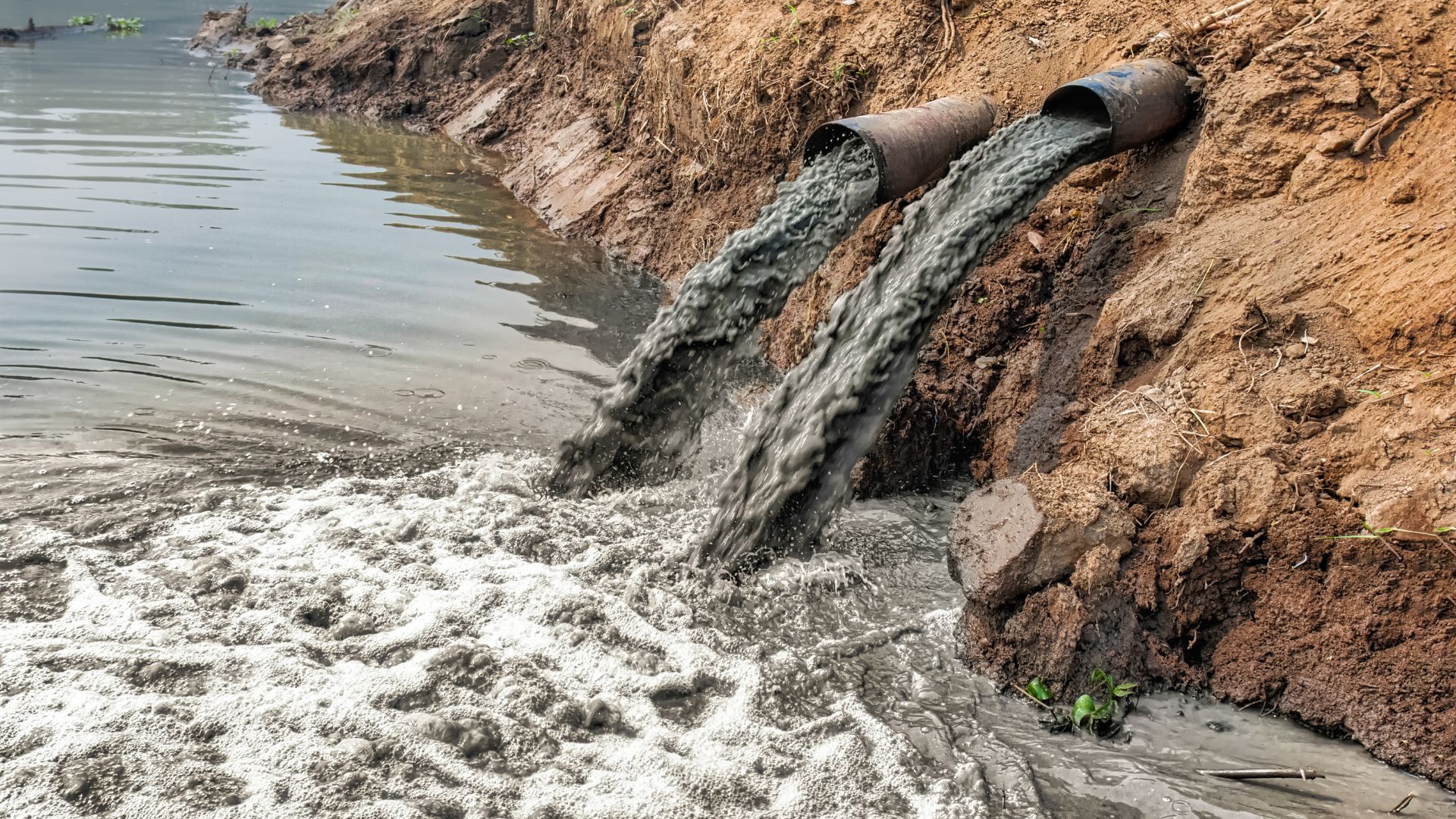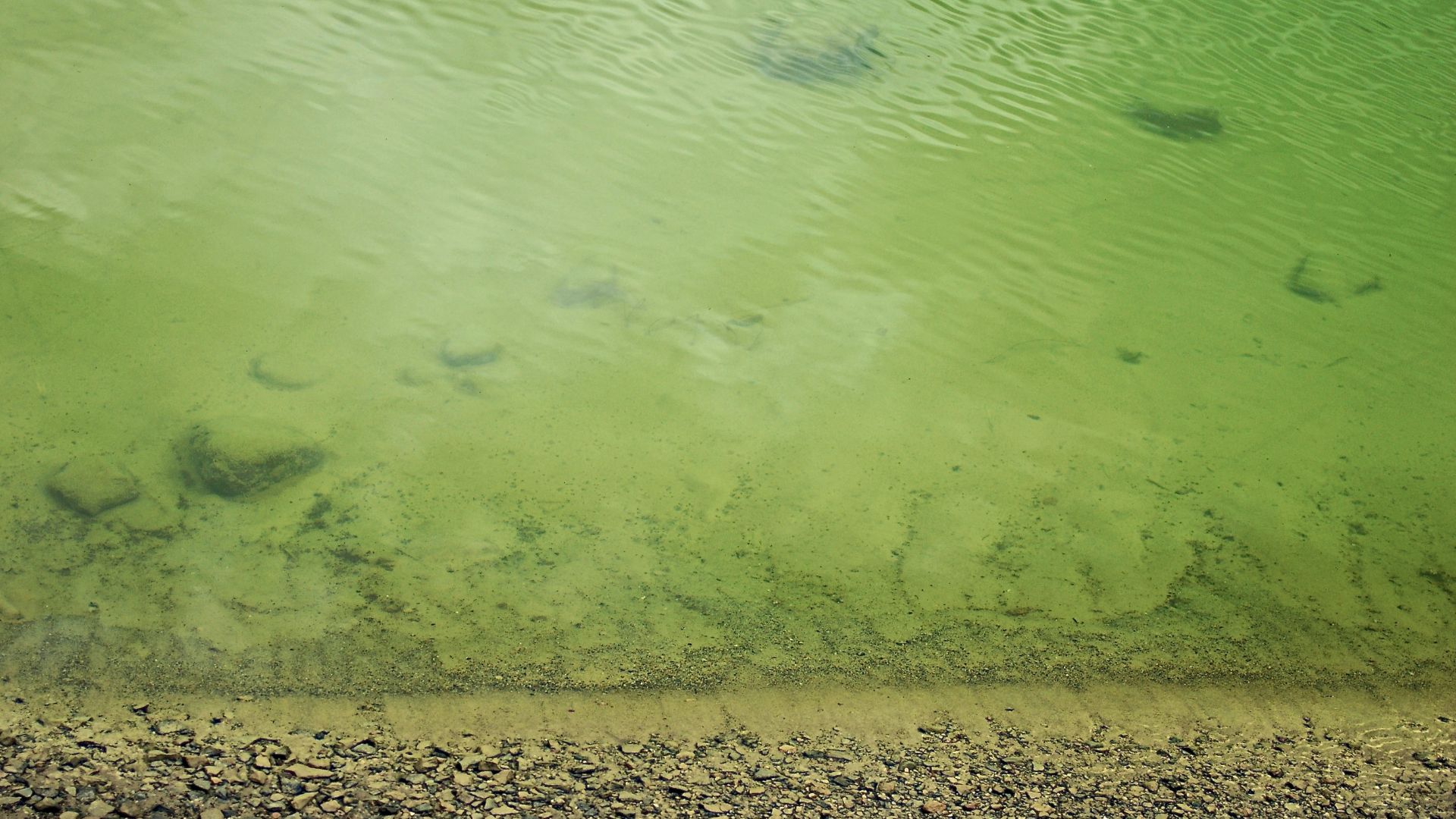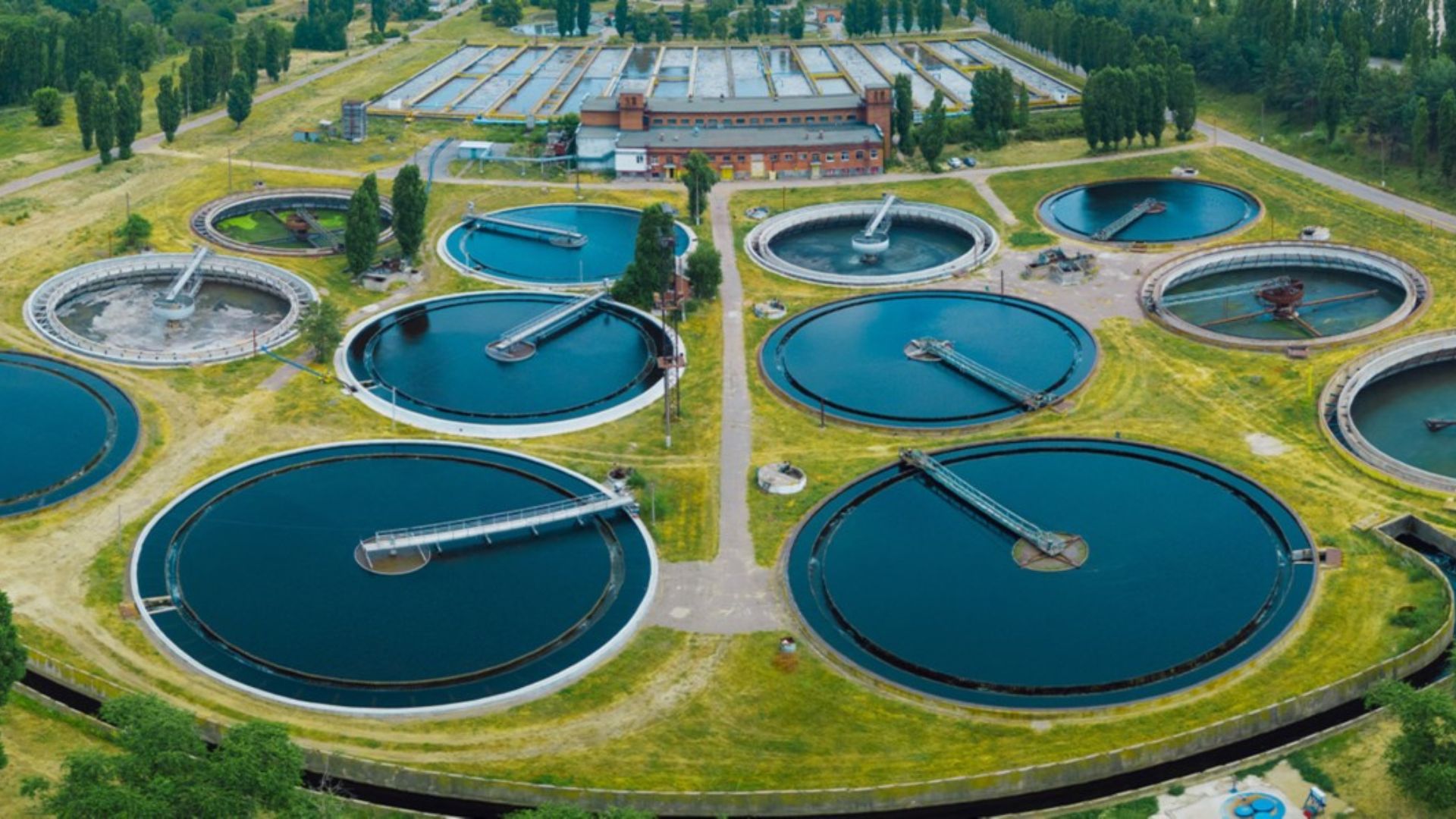Sewage Treatment
Sewage Water
Sewage water, also known as wastewater, refers to the water that is used in households, industries, and commercial establishments and then discharged through various drainage systems. It contains a wide range of contaminants, including human waste, household chemicals, industrial byproducts, and other pollutants. Sewage water is highly unsanitary and can pose significant health and environmental risks if not properly treated. Without effective treatment, sewage water can contaminate water bodies, leading to the spread of diseases and environmental degradation. Proper sewage water management is crucial to protect public health, preserve water resources, and maintain a sustainable environment. It involves collecting, treating, and disposing of sewage water through a combination of physical, biological, and chemical processes to remove contaminants and ensure safe and environmentally responsible wastewater management.
Impact of Sewage Water

Environmental Pollution

Waterborne Diseases

Contamination of Groundwater

Odor and Aesthetic Issues
Sewage Treatment
Featured List
Sewage treatment is a crucial process that aims to remove contaminants and pollutants from wastewater before it is safely discharged or reused. The process involves several stages, including primary, secondary, and tertiary treatment, each designed to target specific impurities. During primary treatment, solid particles and heavy debris are removed through processes like screening and sedimentation. Secondary treatment focuses on biological processes where microorganisms break down organic matter and nutrients, converting them into harmless substances. Tertiary treatment employs advanced techniques such as filtration and disinfection to further polish the wastewater and ensure it meets specific quality standards. Sewage treatment not only protects the environment by reducing the release of harmful substances into water bodies but also promotes public health by preventing the spread of waterborne diseases. Additionally, it supports water conservation efforts through the reuse of treated wastewater for non-potable purposes like irrigation and industrial processes. Overall, sewage treatment plays a vital role in preserving water resources, maintaining ecosystem balance, and fostering sustainable development.
Environmental Protection
Sewage treatment plays a crucial role in protecting the environment by removing pollutants and contaminants from wastewater before it is discharged into water bodies. This helps maintain the quality of rivers, lakes, and oceans, preserving aquatic ecosystems and protecting wildlife.
Water Conservation
Sewage treatment allows for the reuse of treated water. By treating and recycling wastewater, valuable water resources can be conserved, particularly in regions facing water scarcity. Treated water can be used for various non-potable purposes such as irrigation, industrial processes, and toilet flushing, reducing the demand for freshwater sources.
Public Health Improvement
Proper sewage treatment helps prevent the spread of waterborne diseases by eliminating harmful bacteria, viruses, and parasites present in sewage. Treating wastewater to a safe and acceptable standard ensures that the water bodies from which drinking water is sourced remain uncontaminated, safeguarding public health.
Odor Control
Sewage treatment processes often include steps to control and minimize unpleasant odors associated with untreated wastewater. Proper treatment helps mitigate odor issues, creating a more pleasant living and working environment for nearby communities.
Domestic & Commercial Sewage Treatments
Sewage treatment systems are available for both domestic and commercial purposes, catering to the diverse needs of residential households, commercial establishments, and industrial facilities. These systems are designed to effectively treat and manage wastewater generated from various sources. Domestic sewage treatment systems are specifically tailored for residential properties, ensuring the safe and efficient treatment of household wastewater. These systems are compact, easy to install, and operate quietly, making them suitable for homes of all sizes. On the other hand, commercial sewage treatment systems are designed to handle larger volumes of wastewater generated by businesses, hotels, hospitals, shopping centers, and other commercial establishments. These systems are robust, scalable, and capable of handling higher organic loads and fluctuating wastewater flows. They incorporate advanced technologies and processes to meet stringent regulatory requirements and ensure compliance with environmental standards. By offering sewage treatment solutions for both domestic and commercial purposes, these systems contribute to environmental sustainability, protect public health, and support the responsible management of wastewater for a wide range of applications.


